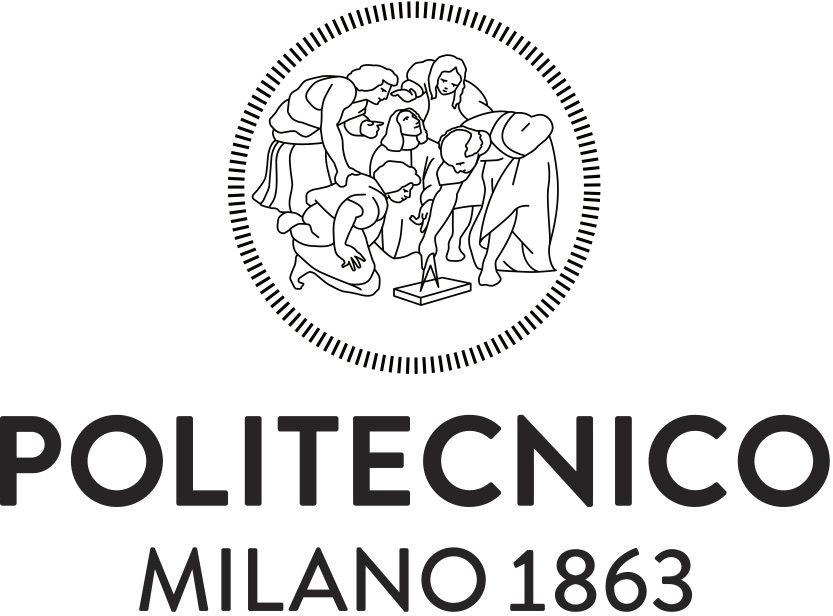Expert selection is an important aspect of many Web applications, e.g., when they aim at matching contents, tasks or advertisement based on user profiles, possibly retrieved from social networks.
This was crucial for our current research on crowdsourcing, and therefore we dedicated a specific research line to this aspect. The main idea we developed was to define a model of the user expertise that takes into account user activities and roles, but also the profiles of his friends and acquaintances.
After one year of work with two M.Sc. thesis students, we reported our results in a paper that has been presented by Stefano Ceri at EDBT 2013 in Genova.
You can look at the presentation here:
The paper focuses on selecting experts within the population of social networks, according to the information about the social activities of their users. We consider the following problem: given an expertise need (expressed for instance as a natural language query) and a set of social network members, who are the most knowledgeable people for addressing that need?
We considers social networks both as a source of expertise information and as a route to reach expert users, and define models and methods for evaluating people’s expertise by considering their profiles and by tracing their activities in social networks.
For matching queries to social resources, we use both text analysis and semantic annotation. An extensive set of experiments shows that the analysis of social activities, social relationships, and socially shared contents helps improving the effectiveness of an expert finding system.
The full paper will be available soon on the ACM Digital Library.
To keep updated on my activities you can subscribe to the RSS feed of my blog or follow my twitter account (@MarcoBrambi).

